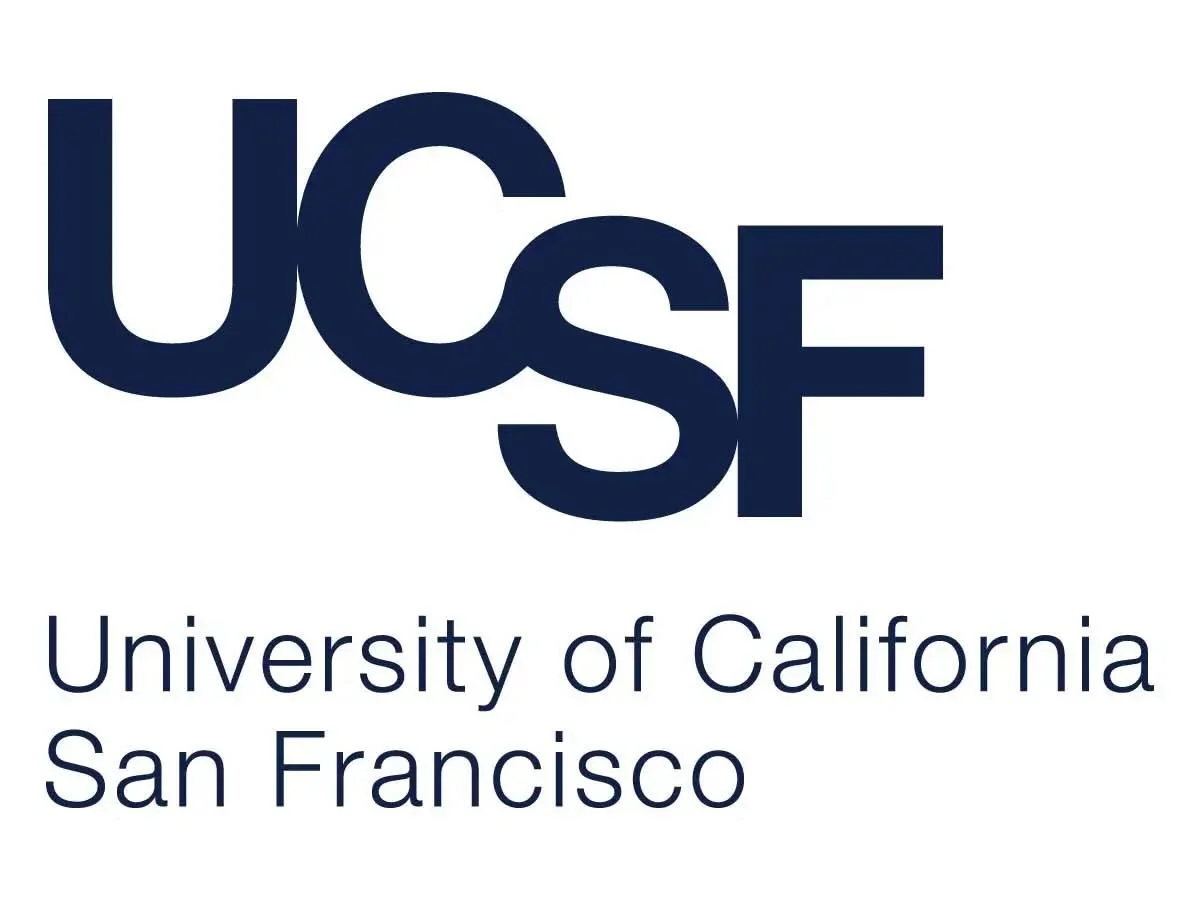About Dr. Melissa London

Selected Identifying Information
I identify as a ciswoman of color, LGBTQ2S+ ally, daughter of a Guyanese immigrant, wife, and mother.
I grew up in the Bronx and have trained in diverse settings across the United States, including Chicago, Palo Alto, and San Francisco. My professional path was shaped by a commitment to justice, healing, and elevating the voices of those who are too often unheard.
I earned my Ph.D. in Clinical Psychology and have over a decade of experience, including various certifications, in cognitive behavior therapy, acceptance- and mindfulness-based approaches.
Learn more about My Approach here
Education
Doctor of Philosophy, Clinical Psychology, Northern Illinois University
Bachelor of Arts, Psychology and Sociology, Hunter College of the City University of New York, Summa Cum Laude
License, Certifications, Selected Trainings
License, State of California Board of Psychology PSY30611
Provider Certification in Cognitive Behavioral Therapy for Substance Use Disorders (CBT-SUD)
Provider Certification in Cognitive Processing Therapy for Posttraumatic Stress Disorder (CPT for PTSD)
Core Clinical Training in Dialectical Behavior Therapy, two week training by Shari Manning, PhD
DBT Prolonged Exposure Protocol for PTSD, 19 hour training by Melanie Harned, PhD & colleagues
Impact of Killing - CBT based Treatment for Moral Injury, training by Shira Maguen, PhD & Kristine Burkman, PhD
Race Based Stress and Trauma Empowerment Group training, national consultation by Maurice Endsley, PhD
Before I launched my private practice in early 2025, I worked as a Clinic Coordinator in a specialty outpatient clinic for Veterans engaged in substance use treatment, providing individual therapy, group therapy, supervision, and didactics. I continue to remain involved in teaching, training, and consulting.
Selected Clinical Experience
San Francisco Veterans Affairs (VA) Healthcare System, Addiction Recovery Treatment Services (Clinic Coordinator, Staff Psychologist)
VA Northern California Healthcare System, Addiction Recovery Treatment Services
VA Palo Alto Health Care System, Addiction Consultation and Treatment Team, Men’s Trauma Recovery Program, Acceptance and Commitment Therapy, Spinal Cord Injury Inpatient Clinic
Edward Hines, Jr. VA Hospital, Trauma Services Program (PTSD Clinical Team), Traumatic Brain Injury/Polytrauma Psychology Outpatient Clinic
Teaching Experience
University of California, San Francisco, Assistant Clinical Professor, Volunteer, Addiction Psychiatry Fellowship
University San Francisco, Adjunct Faculty PsyD Graduate Program
The Psychotherapy Institute, Group Therapy Training Program Seminar Faculty
Book Chapters
Hubbard, A.A., London, M.J., Endsley, M. & Erazo, T. (2023). Race-based stress and trauma empowerment group. Group Approaches to Treating Traumatic Stress: A Clinical Handbook, 191.
Despotes, A. M., Valentiner, D. P., & London, M. J. Resiliency and posttraumatic growth. (2016). The Wiley handbook of the psychology of mass shootings, 331.
Selected Publications
Valdez, C.E., London, M.J., Gregorich, S.E., & Lilly, M.M. (2021). Development and validation of the Trauma-Related Cognitions Scale. Plos one, 16(4), e0250221.
London, M. J., Mercer, M. M., & Lilly, M. M. (2017). Considering the impact of early trauma on coping and pathology to predict posttraumatic growth among 9-1-1 telecommunicators. Journal of Interpersonal Violence. Advance online publication. doi: 10.1177/0886260517716942
Hessinger, J., London, M. J., & Baer, S. (2017) Evaluation of a shared decision-making intervention on the utilization of evidence-based psychotherapy in a VA outpatient PTSD clinic. Psychological Services. Advance online publication. doi: 10.1037/ser0000141
Butler, D. M., London, M. J., & Orcutt, H. K. (2016). Examining minority attrition among women in longitudinal trauma research. Journal of Traumatic Stress, 29, 26-32. doi: 10.1002/jts.22066
London, M. J., Lilly, M. M., & Pittman, L. (2014). Attachment as a mediator between community violence and posttraumatic stress symptoms among adolescents with a history of maltreatment. Child Abuse & Neglect, 42, 1-9. doi:10.1016/j.chiabu.2014.11.002
Selected Presentations
Group Work in The Treatment of Trauma across Diverse Populations
Mindfulness Based Relapse Prevention for Addictive Behaviors
Cognitive Behavioral Therapy for Substance Use Disorders
Race-Based Stress and Trauma and the Empowerment Group
Motivational Approaches for Ambivalent Clients
Holding Complexity in Co-Occurring Care









